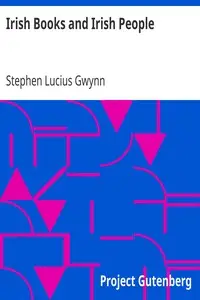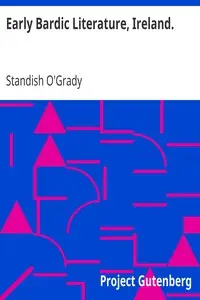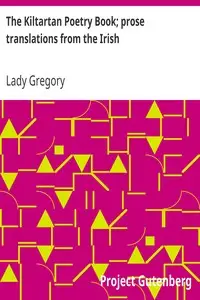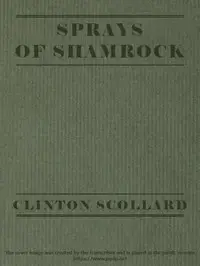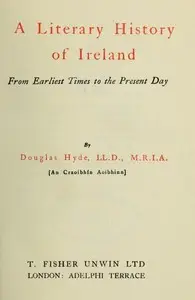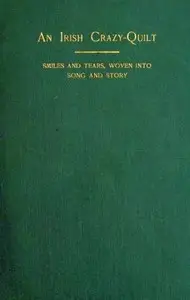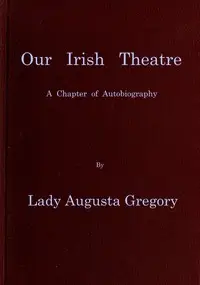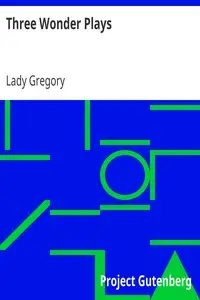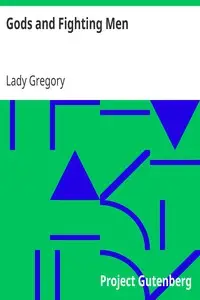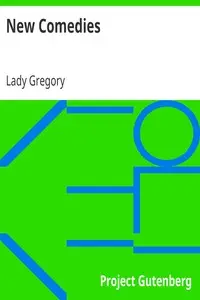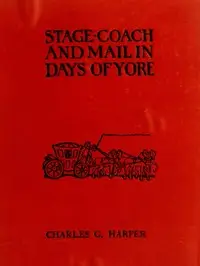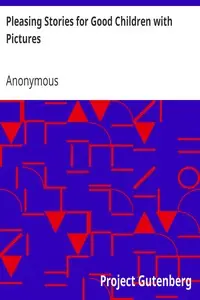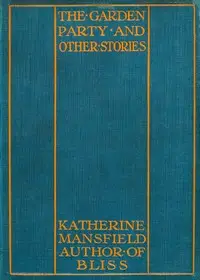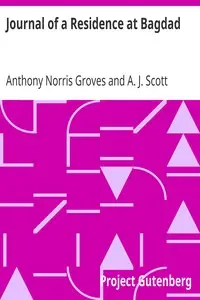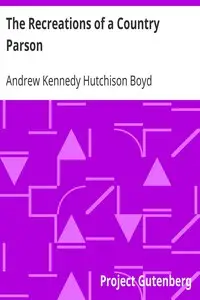"Poets and Dreamers: Studies and Translations from the Irish" by Lady Gregory is a journey into the heart of Irish culture through its poetry and stories. The book focuses on the poet Raftery, using stories and history to paint a picture of Irish identity and spirit. For example, the book starts with a discussion between two old women about Raftery and the poet Callinan. The women discuss the details of Raftery's life, the importance of his poetry, and the nature of his wandering life. In doing so, it explores how Raftery used his words to capture the soul of Ireland and its people. With a tone that is both respectful and celebratory, the book invites readers to understand the emotional and cultural power found within Irish literature.
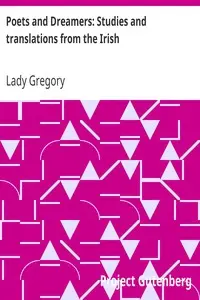
Poets and Dreamers: Studies and translations from the Irish
By Lady Gregory
Discover a bard's enchanting verses that stirred the soul of a nation, as remembered through the loving debates of two elderly women.
Summary
About the AuthorIsabella Augusta, Lady Gregory was an Anglo-Irish dramatist, folklorist and theatre manager. With William Butler Yeats and Edward Martyn, she co-founded the Irish Literary Theatre and the Abbey Theatre, and wrote numerous short works for both companies. Lady Gregory produced a number of books of retellings of stories taken from Irish mythology. Born into a class that identified closely with British rule, she turned against it. Her conversion to cultural nationalism, as evidenced by her writings, was emblematic of many of the political struggles that occurred in Ireland during her lifetime.
Isabella Augusta, Lady Gregory was an Anglo-Irish dramatist, folklorist and theatre manager. With William Butler Yeats and Edward Martyn, she co-founded the Irish Literary Theatre and the Abbey Theatre, and wrote numerous short works for both companies. Lady Gregory produced a number of books of retellings of stories taken from Irish mythology. Born into a class that identified closely with British rule, she turned against it. Her conversion to cultural nationalism, as evidenced by her writings, was emblematic of many of the political struggles that occurred in Ireland during her lifetime.


